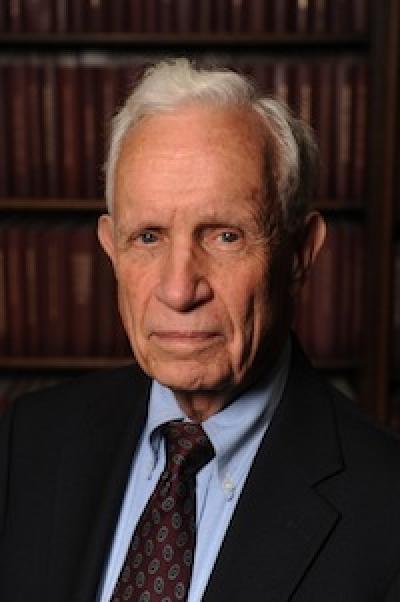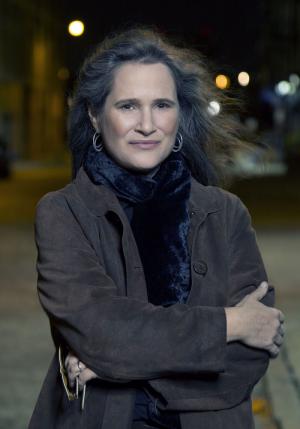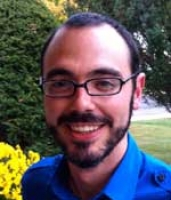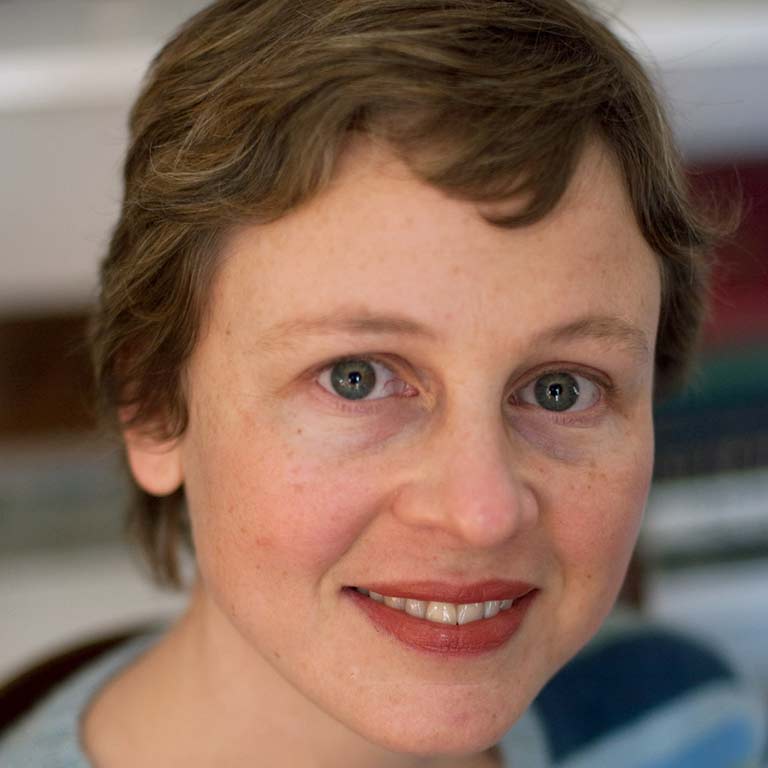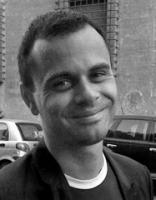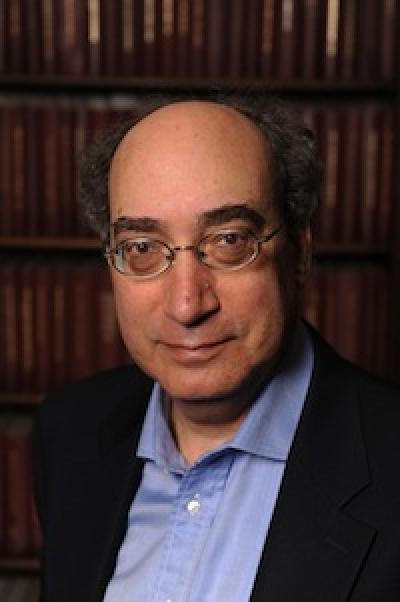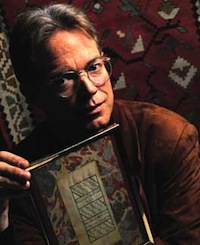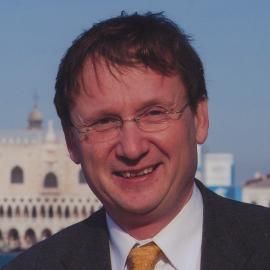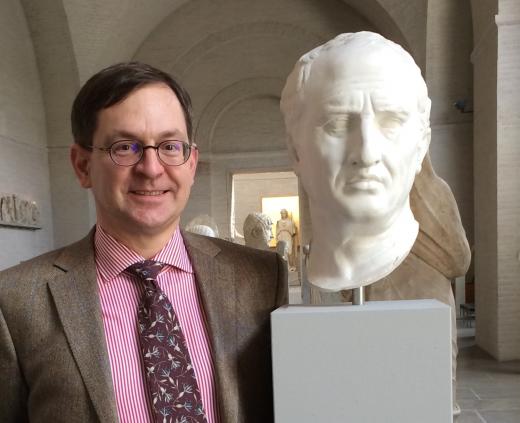
Michael I. Allen
Professor of Classics, History
I am currently studying the writings, library, and circle of Lupus of Ferrières. A selection of ca. 130 documents survives in an original manuscript (Paris, lat. 2858) compiled from Lupus’s archives shortly after his death (after June 862). The letters are a key source for the history of books, libraries, and the movement of scholars and learning in the ninth century. We can tell a great deal about Lupus and his activities. He was, for instance, a key vector in the transmission of Cicero’s works. I am finishing a fresh edition, commentary, and translation of Lupus’s letters and related documents, where I relate the letters to events, recovered persons, and extant manuscripts or indirect evidence of them.
Lupus’s letter-book in facsimile: http://gallica.bnf.fr/ark:/12148/btv1b10318625w
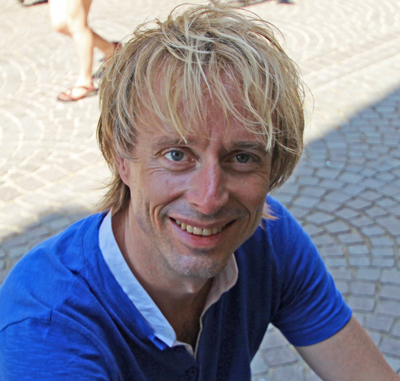
Niall Atkinson
Professor of Art History
- urban soundscapes: the aural dimensions of the early modern city
- the city at night
- the urban sensorium: phenomenology, architecture, and the senses
- urban itineraries: navigating and negotiating urban space
- urban signs: the visual semiotics of the pre-modern city
- the piazza and the body public (in collaboration with the Forchungsgruppe “Piazza e monumento,” Kunsthistorisches Institut in Florenz, Max Planck Institut)
- storytelling and the art of city-building
Charles Cohen
Professor of Art History
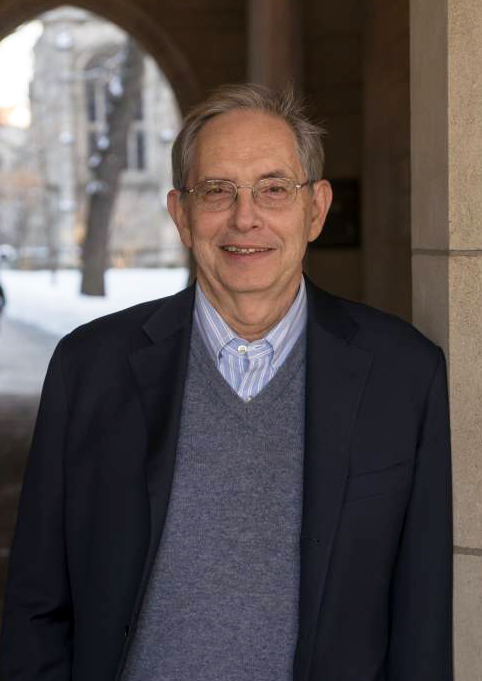
Frederick de Armas
Andrew W. Mellon Distinguished Service Professor in the Humanities, Spanish Literature, and Comparative Literature; Hispanic and Luso-Brazilian Studies Graduate Adviser
Frederick A. de Armas is a literary scholar, critic and novelist whose scholarly work focuses on the literature of Renaissance and Early Modern Spain (Cervantes, Calderón, Claramonte, Lope de Vega), often from a comparative perspective. His interests include the politics of astrology; magic and the Hermetic tradition; ekphrasis; the relations between the verbal and the visual particularly between Spanish literature and Italian art; and the interconnections between myth and empire during the rule of the Habsburgs. His publications include: Quixotic Frescoes: Cervantes and Italian Renaissance Art andDon Quixote Among the Saracens: A Clash of Civilizations and Literary Genres. He is currently working on spaces, places and architectures in Cervantes. More information.
e-mail: fdearmas@uchicago.edu
Philippe Desan
Professor of Romance Languages
Cécile Fromont
Professor of Art History
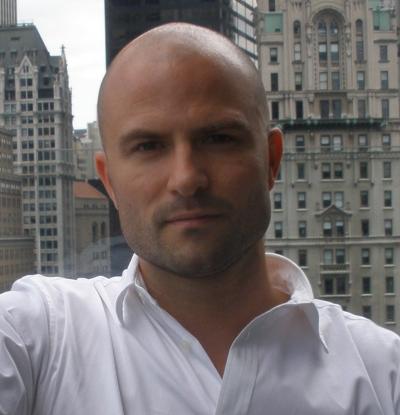
Timothy Harrison
Professor of English
I am interested in the relationship between language, history, and lived experience. My research and teaching focus on how sixteenth- and seventeenth-century literature intersects with practices of knowledge production ranging from the sciences to theology. Combining a historical focus on early modernity with the study of phenomenological philosophy, my work probes a range of verbal techniques for articulating (and perhaps inventing) modes of experience that resist comprehension.
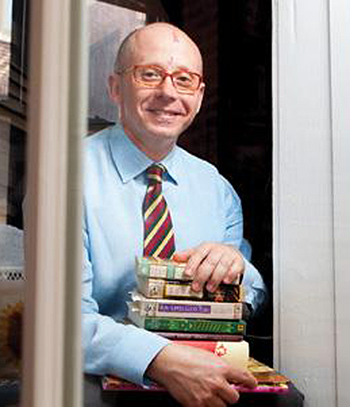
Armando Maggi
Professor of Italian Literature and the Committee on the History of Culture; Italian Graduate Adviser
Professor Maggi’s scholarship focuses on two major areas: early modern culture (Renaissance philosophy, magic and demonology, Neoplatonic love treatises, women writers, religious literature, Renaissance emblems, baroque culture) and contemporary culture. He is currently working on Renaissance epic poetry and Marino's L'Adone. His latest essay is on Giambattista Della Porta's view of magic and demonology. He is the author of many books. His latest work is the volume titled Preserving the Spell (2015, University of Chicago Press; Premio Flaiano Italianistica 2016) on the Western interpretation of folk and fairy tales from Giambattista Basile’s Lo cunto de li cunti to the French late seventeenth-century tradition, German Romanticism, and American post-modernism. More information.
e-mail: amaggi@uchicago.edu
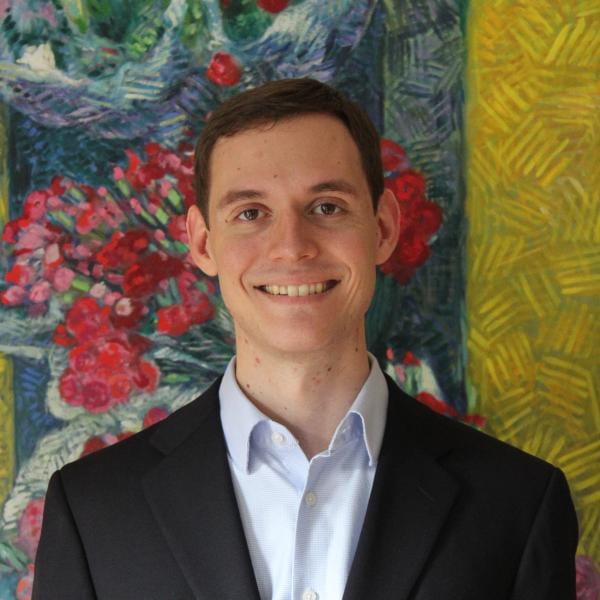
Daniel Moerner
Assistant Professor, Philosophy
Daniel’s interests extend broadly across the history of philosophy. He specializes in seventeenth- and eighteenth-century European philosophy, particularly the philosophy of Benedict Spinoza. Daniel’s research on Spinoza is driven by an attempt to understand how much of Spinoza’s Ethics is an expression of adequate knowledge by Spinoza’s own lights. In a number of papers and a larger, developing book-length project, he argues that surprisingly little of the Ethics expresses adequate knowledge. Daniel also has research interests in ancient Greek philosophy, Buddhist philosophy, and early analytic philosophy.
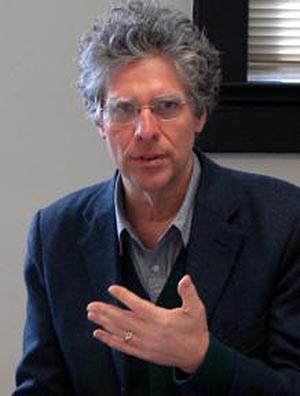
Glenn Most
Visiting Professor of Social Thought and of Classics
At Chicago Glenn Most has taught courses on Classical texts (mostly Greek poetical and philosophical ones), on such post-Classical authors as Dante, Shakespeare, Wordsworth, Nietzsche, Proust, and Walter Benjamin, and on the methods of Classics and of Comparative Literature. He has published books on Classics, on the history and methodology of Classical studies, on the Classical tradition and Comparative Literature, on literary theory, and on the history of art, and has published numerous articles, reviews, and translations in these fields and also on modern philosophy and literature.Recently he has published a thorough revision of the Grene and Lattimore translations of Greek tragedy and a nine-volume Greek and English Loeb edition of the Presocratics. His current projects include a bilingual edition of the complete corpus of ancient and medieval scholia and commentaries to Hesiod’s Theogony and several collaborative studies of philological procedures in various Classical Traditions, including Chinese, Indian, Hebrew, Arabic, Mesopotamian, Egyptian, Greek, and Latin. More information.
e-mail: gmost@midway.uchicago.edu
Mark Payne
Professor of Classics and Social Thought

Don M. Randel
Professor Emeritus of Music
Don Michael Randel is Professor Emeritus of Music at the University of Chicago, a prominent American musicologist, and the fifth, now retired, president of The Andrew W. Mellon Foundation. He has previously served as the twelfth president of the University of Chicago and during that time as faculty member in the Department of Music. While on the faculty at Cornell University, he chaired the Department of Music there, and served as Provost and as Dean of Cornell's College of Arts and Sciences. More information.
e-mail: don.randel@gmail.com
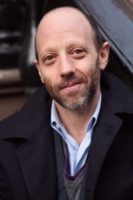
Justin Steinberg
Professor of Romance Languages, Italian

Elissa B. Weaver
Professor Emerita of Italian Literature
Professor Weaver is a scholar of early modern Italian literature and language. She is the author of articles on the Italian epic-chivalric tradition (on Boiardo, Berni, and Ariosto), on Boccaccio’s Decameron, and on the writing of women, especially convent women. She has published a monograph on a women’s literary tradition, Convent Theatre in Early Modern Italy: Spiritual Fun and Learning for Women (2002), a study of the life and religious plays of Antonia Tanini Pulci, Saints’ Lives and Bible Stories for the Stage (2010), and critical editions of Beatrice del Sera’s spiritual comedy, Amor di virtú (1990), and of the seventeenth-century debate between Francesco Buoninsegni and Arcangela Tarabotti, Satira Antisatira (1998); she has edited two collections of essays: The Decameron First Day in Perspective (2004) and Arcangela Tarabotti, a Literary Nun in Baroque Venice (2006); and co-edited with Joshua Scodel a festschrift, Selva Filologica: Essays in Honor of Paolo Cherchi (2003). Professor Weaver was a curator and co-edited with Elizabeth Rodini the catalogue of the Smart Museum exhibit, A Well-Fashioned Image: Clothing and Costume in European Art, 1500-1850 (2002), and is co-editor with Catherine Mardikes of the Italian Women Writers database.
Awards, Honors, and Professional Experience
Chair, Department of Romance Languages & Literatures, 1994-2000; Acting Chair, spring 1991, winter 1993 and 2005
Mellon Emeritus Fellowship, 2010-2012
Newberry Library/NEH Fellowship, 1993-1994
Harvard Villa I Tatti Fellowship/NEH, 1988-1989
Burlington Northern Faculty Achievement Award for Graduate Teaching, University of Chicago, 1988
AAUW Faculty Fellowship, 1983-1984
Fulbright Summer Fellowship, University of Rome 1971
Fulbright Teaching-Study Fellowship, Univ. of Florence 1965-1966
Phi Beta Kappa
Selected Courses Taught
Letteratura femminile in Italia dal Trecento al Seicento
Early Modern Women Writers, Europe and New Spain
Rappresentazioni di alterità nel Rinascimento italiano
Introduction to the Italian Language Through Dante
Il romanzo epico–cavalleresco (alternately on the poems of Pulci, Boiardo, and Ariosto)
Petrarchismo
Boccaccio e la novellistica
Teatro del Rinascimento
http://www.cambridge.org/catalogue/catalogue.asp?isbn=9780521550826
–Convent Theatre in Early Modern Italy: Spiritual Fun and Learning for Women
A Well-Fashioned Image: Clothing and Costume in European Art, 1500-1850
New Hire
Art History
Renaissance Painting and Sculpture
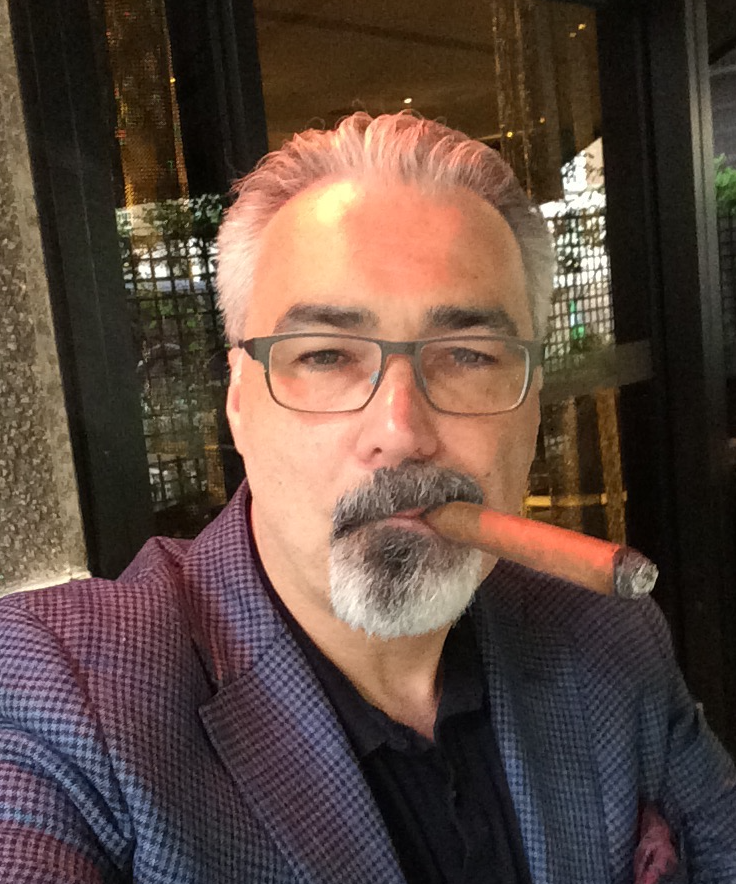
John P McCormick
Professor of Political Science
John P. McCormick's Renaissance-related research and teaching focus on social conflict in the Roman and Florentine republics, and Florentine political philosophy and constitutional theory, especially Machiavelli and Guicciardini. More information.
e-mail: jpmccorm@uchicago.edu
David Nirenberg
Professor of History; Social Thought; Middle Eastern Studies; Medieval Studies

John Padgett
Professor of Political Science
John F. Padgett (Ph.D., Michigan, 1978) is a Professor of Political Science at the University of Chicago. Currently he conducts research in the related areas of organizational invention and of state and market co-evolution, mostly in the context of Renaissance Florence but also through agent-based modeling. In the past, Padgett has published in the topics of organization theory, social network analysis, federal budgeting, plea bargaining, and stochastic processes. A short biography of John Padgett is available in The Bulletin of the Santa Fe Institute. More information.
e-mail: jpadgett@midway.uchicago.edu
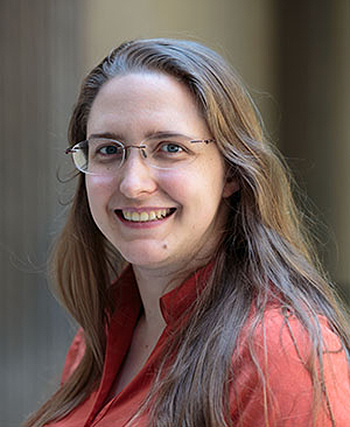
Ada Palmer
Assistant Professor of History; Gender Center; SIFK
Ada Palmer's research on intellectual history, or the history of ideas, explores how history and thought shape each other over time. The Italian Renaissance is a perfect moment for approaching this question because at that point the ideas about science, religion, and the world that had developed in the Middle Ages suddenly met those of the ancient world, reconstructed from rediscovered sources. All at once many beliefs, scientific systems, and perceived worlds clashed, mixed, and produced an unprecedented range of new ideas, which in turn shaped the following centuries and, thereby, our current world. More information.
e-mail: adapalmer@uchicago.edu
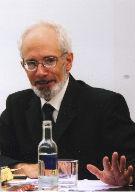
Nathan Tarcov
Professor of Social Thought; Political Science
Professor Nathan Tarcov’s scholarly interests include history of political theory, education and family in political theory, and principles of U.S. foreign policy. Aside from the books listed below, he has published numerous pieces on Machiavelli, Locke, the American Founding, Leo Strauss, and topics such as democracy, constitutionalism, and revolution.
New Hire
History
Northern Renaissance
Anne Leonard
Smart Museum of Art
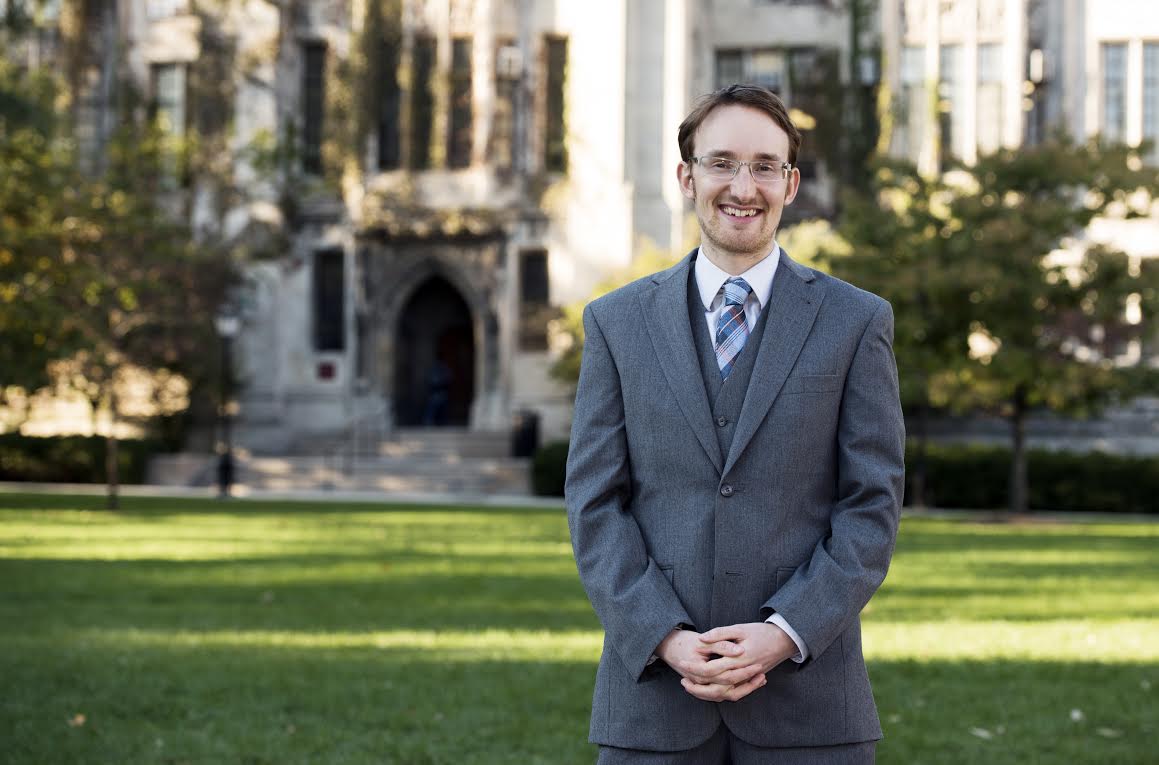
Staurt McManus
Postdoctoral Fellow, Stevanovich Institute on the Formation of Knowledge
Stuart M. McManus (Ph.D. Harvard) is a scholar of pre-modern global empires with a particular focus on Latin America (Mexico and Peru) and Iberian Asia (Portuguese India and the Spanish Philippines). His first book project, “Empire of Eloquence: Humanism and Iberian Global Expansion,” argues that the classical rhetorical tradition was a key technology of empire and evangelization in the early modern Americas and Asia that can be only understood fully by taking a global perspective. At Chicago, he teaches courses on Mexico, globalization and the early modern Iberian world.
In the spring, I will be teaching this Renaissance-related course:
HIST 26128 HOW TO BUILD A GLOBAL EMPIRE
(Cross-listed as CLCV 22917, KNOW 23002, and LACS 26128)
Office Hours: TBC and by appointment.
Empire is arguably the oldest, most durable and most diffused form of governance in human history that reached its zenith with the global empires of Spain, Portugal and Britain. But how do you build a global empire? What political, social, economic and cultural factors contribute to their formation and longevity? What effect do they have on the colonizer and the colonized? What is the difference between a state, an empire and a “global” empire? We will consider these questions and more in case studies that will treat the global empires of Rome, Portugal and Britain, concluding with a discussion of the modern resonances of this first “Age of Empires.” The course will include classes taught in the Regenstein Rare Books Collection and the Smart Museum.
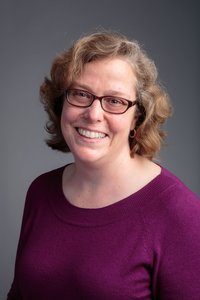
Susan Uecker
Special Collections
New Hire
Special Collections
Rare book curator
New Hire
SIFK Fellow
New Hire
Society of Fellows

